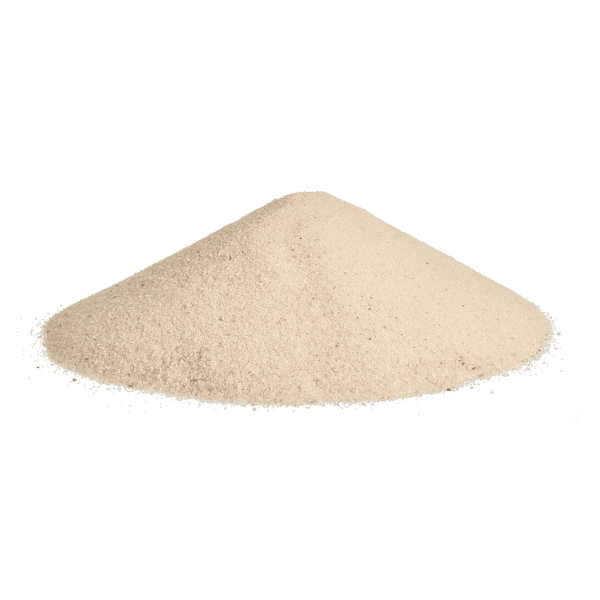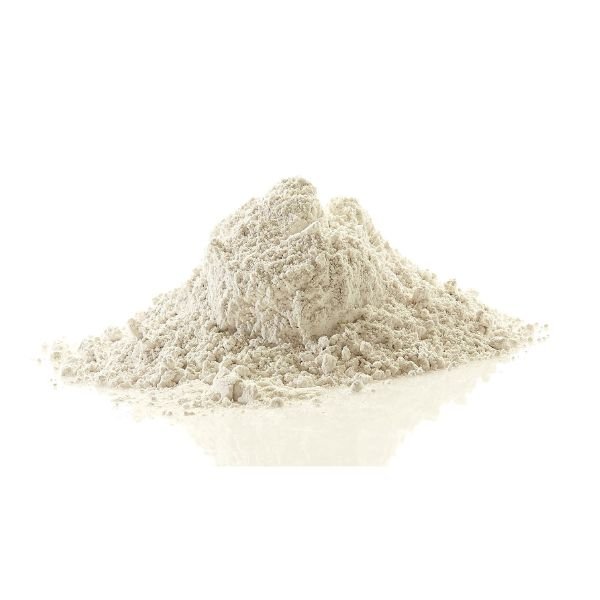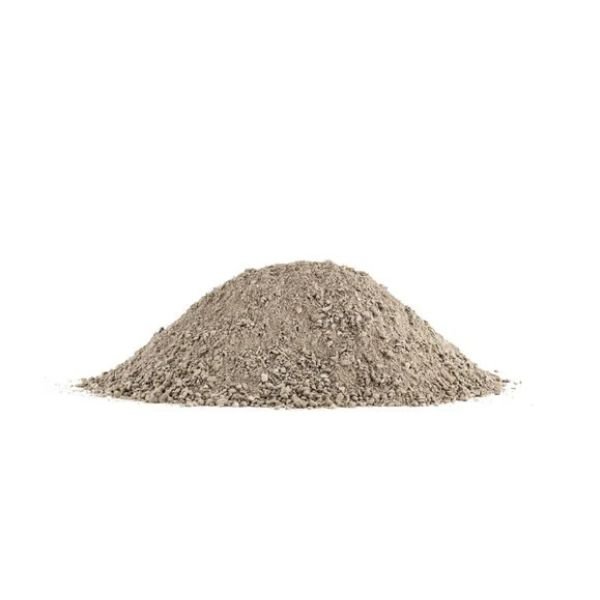Micro Silica Description
Micro Silica, also known as silica fume, is an ultra-fine powder primarily composed of amorphous silicon dioxide (SiO₂). It is a byproduct of producing silicon metal or ferrosilicon alloys in electric arc furnaces. Micro silica is a highly reactive pozzolanic material used extensively in construction and industrial applications due to its ability to enhance the properties of concrete and other materials.
Key Characteristics:
- Ultra-Fine Particle Size: Approximately 100 times smaller than cement particles, improving packing density.
- High Pozzolanic Reactivity: Reacts with calcium hydroxide in cement to form additional calcium silicate hydrate (C-S-H) gel, enhancing strength.
- High Purity: Contains over 85-90% silicon dioxide.
- Improved Durability: Increases resistance to chemical attacks and reduces permeability.
Common Applications:
- High-Performance Concrete: Improves compressive strength, durability, and density, making it ideal for bridges, dams, and high-rise buildings.
- Marine Structures: Enhances resistance to chloride and sulfate attacks in seawater environments.
- Industrial Floors: Used in concrete overlays for abrasion-resistant and dense surfaces.
- Refractory Materials: Increases strength and reduces thermal expansion in refractories.
- Grouts and Mortars: Improves bonding, flowability, and strength.
Benefits:
- Enhances compressive and tensile strength of concrete.
- Reduces permeability, increasing resistance to water ingress and chemical attack.
- Improves durability in harsh environmental conditions.
- Contributes to sustainable construction by utilizing an industrial byproduct.
Micro silica is an essential material for projects requiring enhanced durability and performance, particularly in aggressive environments. Its fine particles and reactive properties make it an indispensable component in modern construction and specialized applications.




